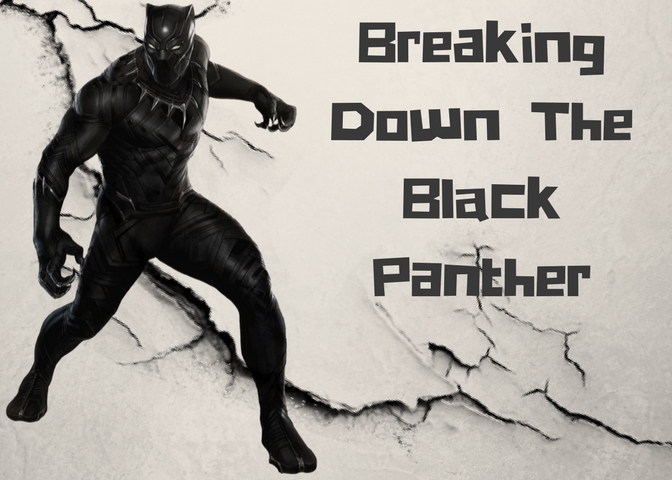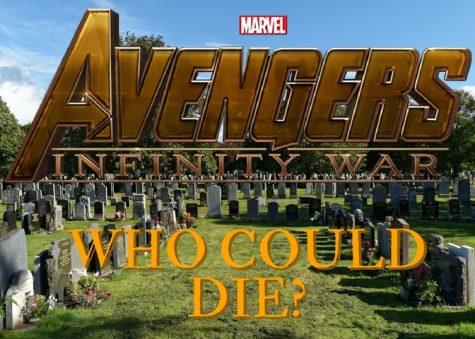Black Panther has more to it than what meets the camera lense
March 15, 2018
Marvel Studios’ “Black Panther” contains a number of interesting characters and a new country to explore. The main characters in the cast have defined motivations that provide sides with difficult questions in the film. The new country in the film provides a unique view on ruling and at the same time provides a debate the characters must handle as it becomes the reason for the central conflict: change or tradition.
The new nation introduced is Wakanda, a fictitious East African nation that is ruled by a monarch who also carries the title of Black Panther. The country does not tell how new monarchs should lead, but the nation commonly leans towards traditional ways, but this leads to the debate of whether to change or stick to tradition. For the movie, the characters of T’Challa and Erik “Killmonger” Stevens each represent a side in this debate.
Wakanda’s leader is chosen via an annual tournament between the strongest warriors in Wakanda, where they all fight each other, then the current Black Panther, determining the strongest. This is what Wakandans believe to be the true way to find a leader, as the ruler must be the primary protector of Wakanda as well, the Black Panther.
In the film, T’Challa, the new ruler and Black Panther, first follows his father’s footsteps in keeping Wakanda hidden away from the world, the extreme traditional side. Killmonger has lived outside of Wakanda his entire life and believes Wakanda must be exposed to the world and become its rulers, the extreme progressive side.
The traditional approach to running the country, that T’Challa follows, aligns with the political views of many Wakandans in the movie. T’Challa’s view changes by the end of the film after realizing Killmonger’s view that Wakanda must be exposed to the world is not wrong, but his adversary went around doing it wrong.
Killmonger’s view of how to run Wakanda, have the country rule the world because of their might, has more background and reasoning than the average viewer might catch. The reason Killmonger wants this to happen correlates to the reason Wakanda is so successful and appears as a utopia: African oppression.
Africans have gone through many horrible challenges caused by outside countries, which Killmonger points out, blaming Wakanda for this history by not interfering. Wakanda could have protected all of Africa with ease by ruling it. Killmonger wants to fix this mistake by having Wakanda expose their might by taking over the world, making Africans and their foreign relatives rule above all others.
Wakanda taking over the world is what T’Challa recognizes as too extreme for change. T’Challa instead tries to teach an important lesson of history to Killmonger: we must learn from our fathers’ mistakes. T’Challa decides to do this after he learns why Killmonger is angry at the world, it comes from a mistake by T’Challa’s father, T’Chaka, killing his brother, Killmonger’s father and leaving the two.
T’Challa speaks with T’Chaka by using a mystical herb, asking him why he left his family, with T’Chaka admitting his mistake. This leads to T’Challa talking with Killmonger after their final fight at the end of the movie, that they can be better.
But in the end, Killmonger kills himself after saying one line explaining why he did everything, why he believes he is right and why his death fulfills that belief. Leaving the viewer and T’Challa with his viewpoint to think about, wondering whether or not the character was right.
“Bury me in the sea with my ancestors. Because they knew a life in chains is worse than death.”










